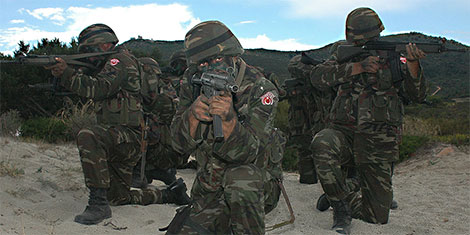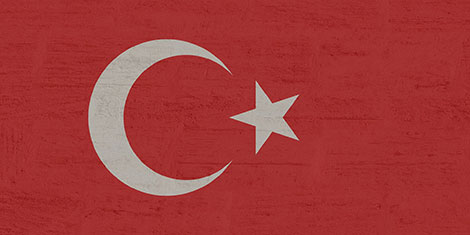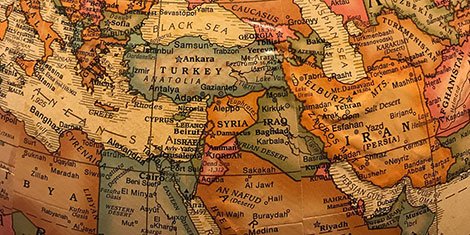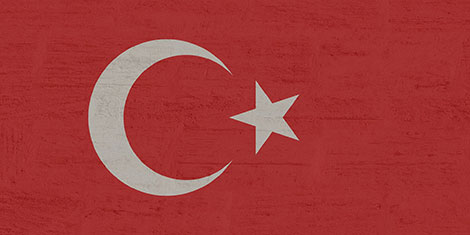
This article was originally published by the European Council on Foreign Relations (ECFR) on 25 January 2018.
What Turkey’s intervention means for Syria, the Kurds, and Ankara.

This article was originally published by the European Council on Foreign Relations (ECFR) on 25 January 2018.
What Turkey’s intervention means for Syria, the Kurds, and Ankara.

This article was originally published by Geopolitical Futures on 26 January 2018.
Less than a week after Turkey began its invasion of Afrin – the northwestern pocket of Syria that borders Turkey and is controlled by the Kurdish People’s Protection Units, or YPG – NATO has voiced its consent of the operation. On a visit to Istanbul, NATO Deputy Secretary General Rose Gottemoeller told a Turkish newspaper that NATO recognizes the threat terrorism poses to Turkey. While the language Gottemoeller used wasn’t highly specific, she was referring to the threat posed to Turkey by the Kurdistan Workers’ Party, or PKK, an internationally recognized terrorist group. Over the past three decades, the PKK has led an insurgency that has caused the deaths of roughly 40,000 people.

This article was originally published by the Foreign Policy Research Institute (FPRI) on 27 November 2017.
The possible creation of a new geopolitical reality in the Middle East may have snuck under the radar this holiday weekend. The continuing spectacle of the investigations into Russia’s possible involvement in the 2016 Election and the continued naming and shaming of corporate leaders and politicians involved in sexual harassment (as well as Thanksgiving), may have overshadowed the summit in Sochi between the Presidents of Russia, Turkey, and Iran, shortly after Syrian President Bashar al-Assad visited President Putin in the same city (and thanked him for “saving Syria”).

This article was originally published by The Institute for National Security Studies on 18 October 2017
The recent statement by Turkish President Erdogan that Ankara had made an advance payment to Russia for the purchase of two S-400 air defense batteries, combined with Russia’s confirmation of this report, constitutes a significant development that adds to the question marks about Turkey’s future in NATO. This development also strengthens Russia’s standing in the Middle East, because it is another expression of the rapprochement between Moscow and Ankara. However, the Turkish-Russian rapprochement does not by itself reduce the leverage available to the West in its relations with Turkey, above all the defense relations in the context of NATO and the extensive trade between Turkey and the European Union. While many believe that Turkey will remain a NATO member for the foreseeable future, they note at the same time that Turkey is a problematic member of the alliance that is already suffering from quite a few internal tensions.

This article was originally published by the Central Asia-Caucasus Institute and Silk Road Studies Program Joint Center on 13 October 2017.
The U.S. suspension of visa services in Turkey is an indication of the depth of the fissures between the West and Turkey. While Turkish bureaucrats are trying to maintain functioning relations with the West, there are growing calls in Washington, Ankara and Berlin to redefine Turkey policy. Is Turkey headed for an incremental divorce with the West?